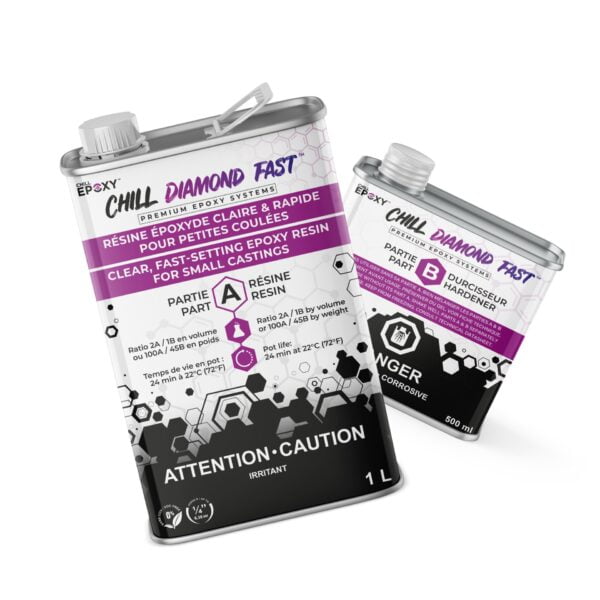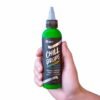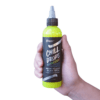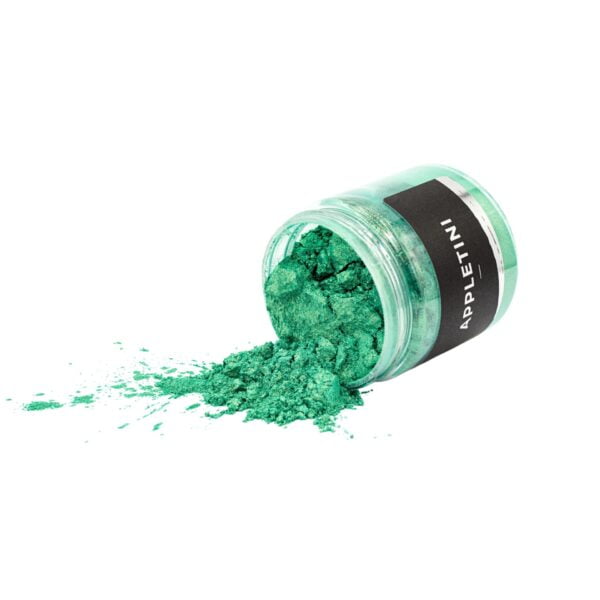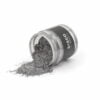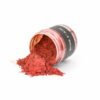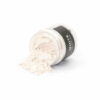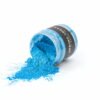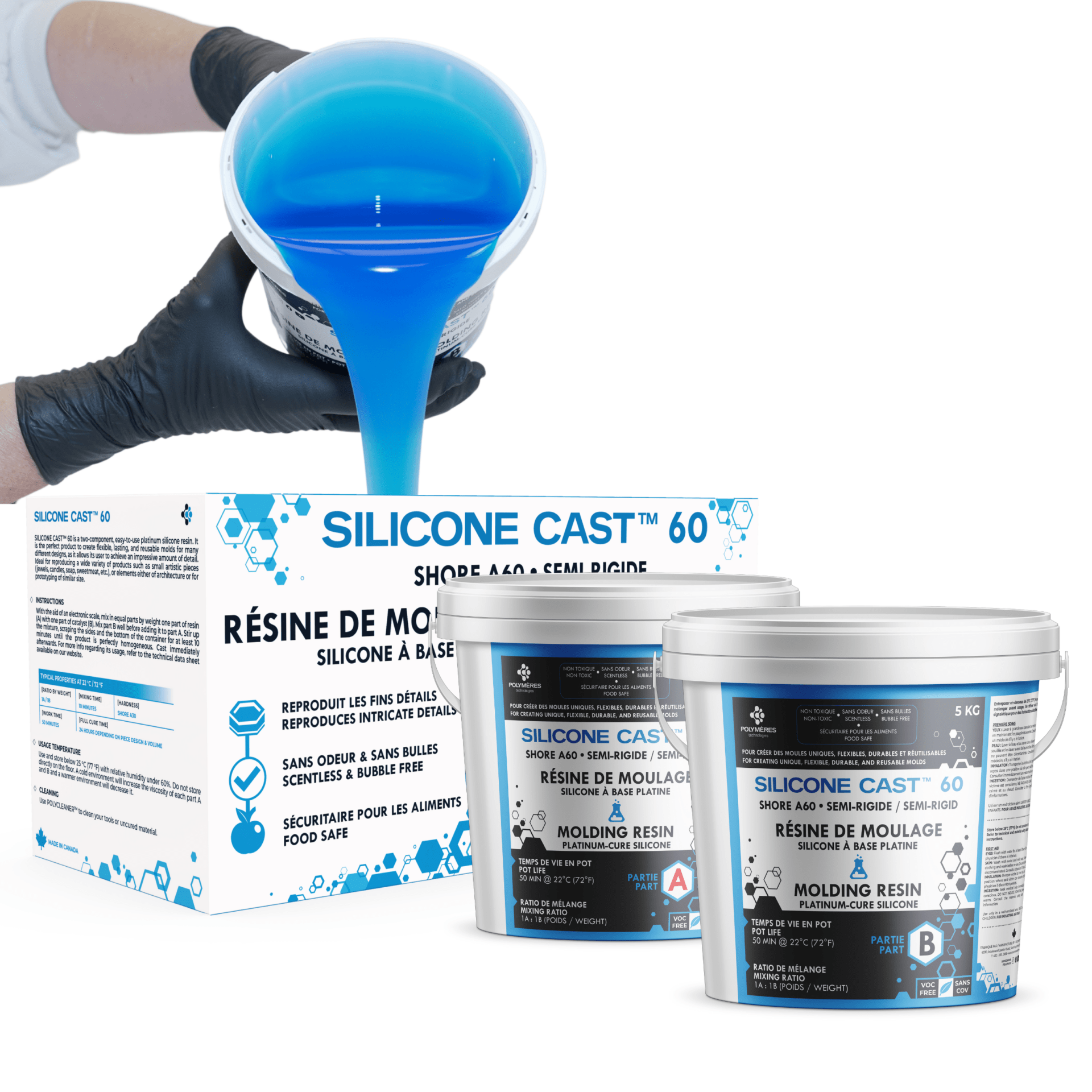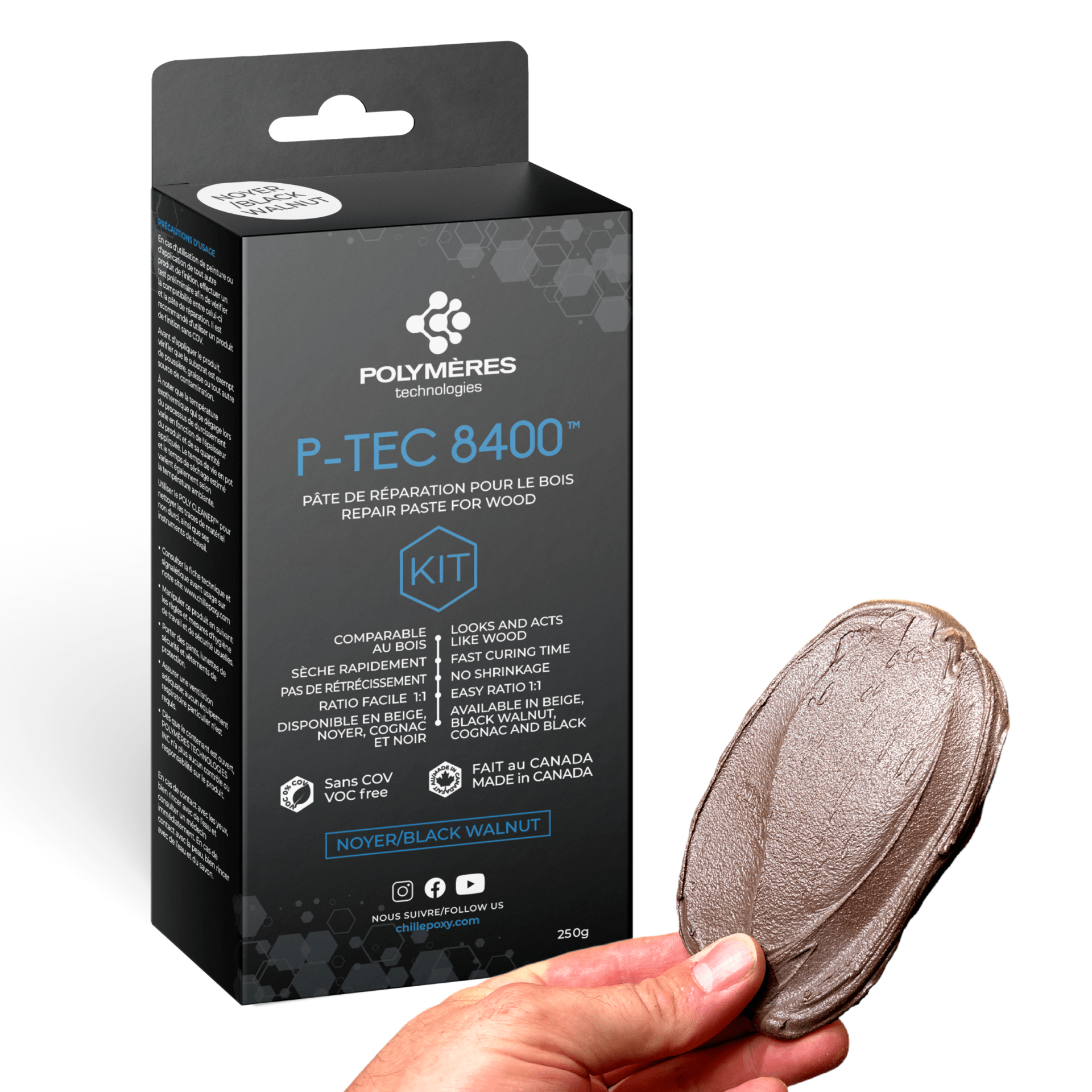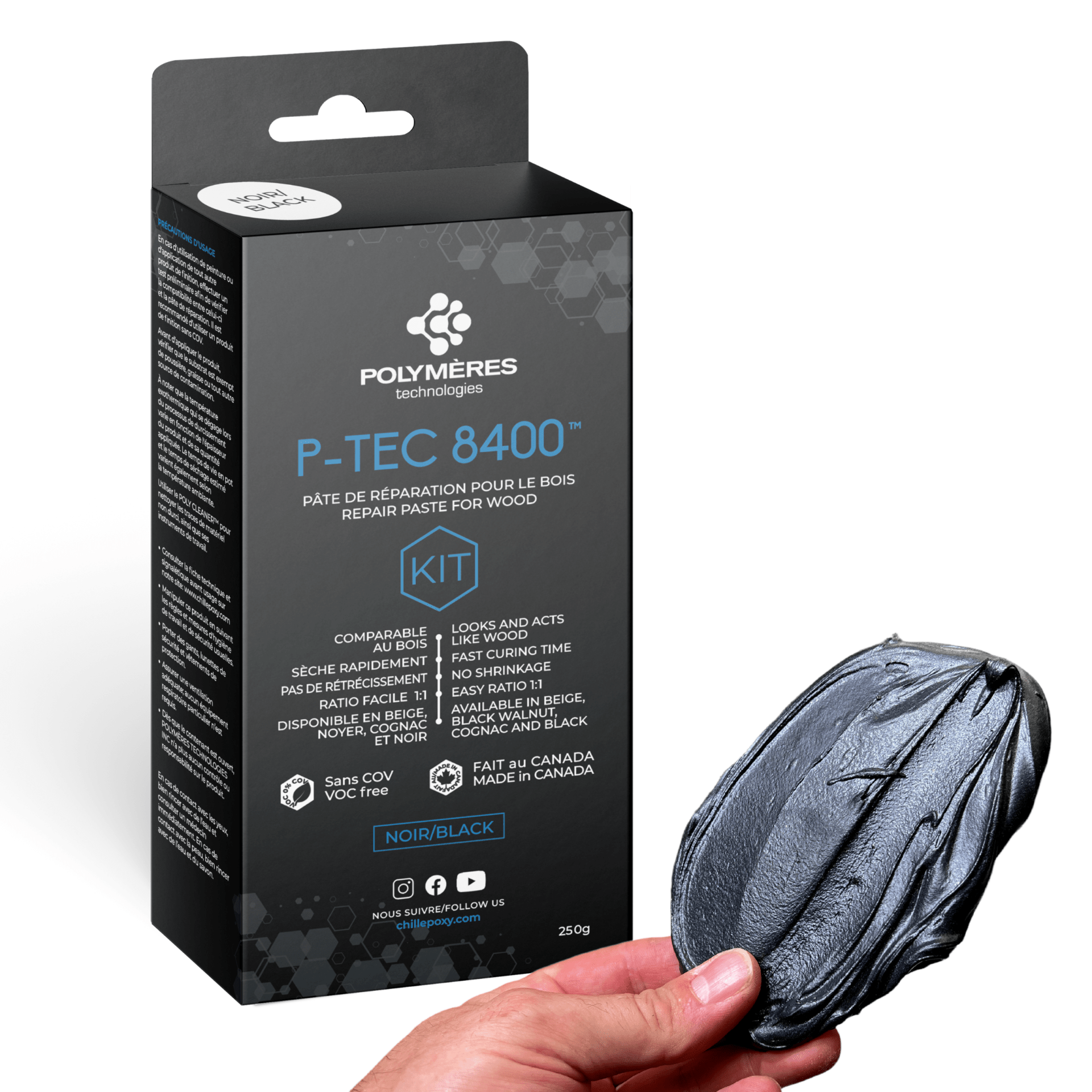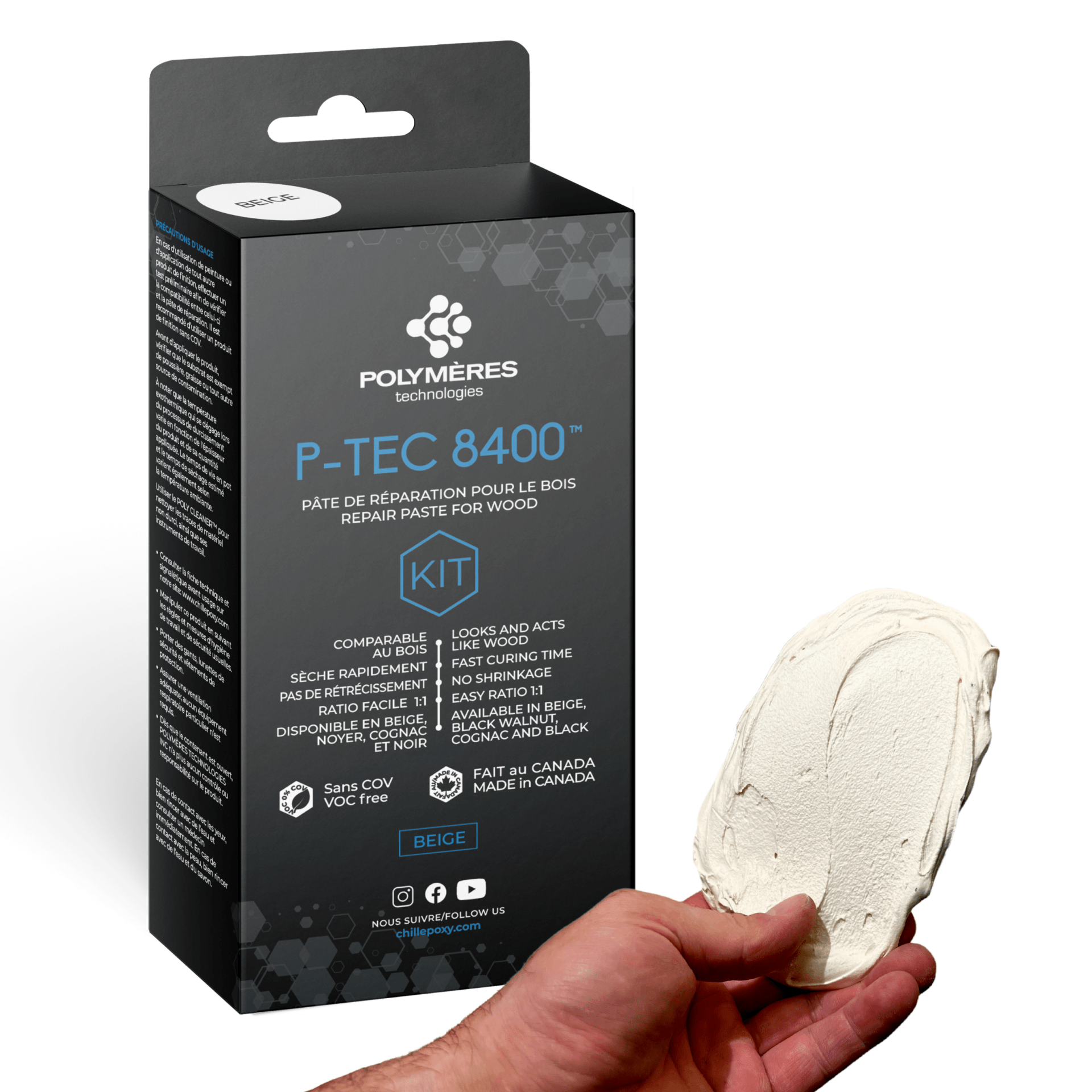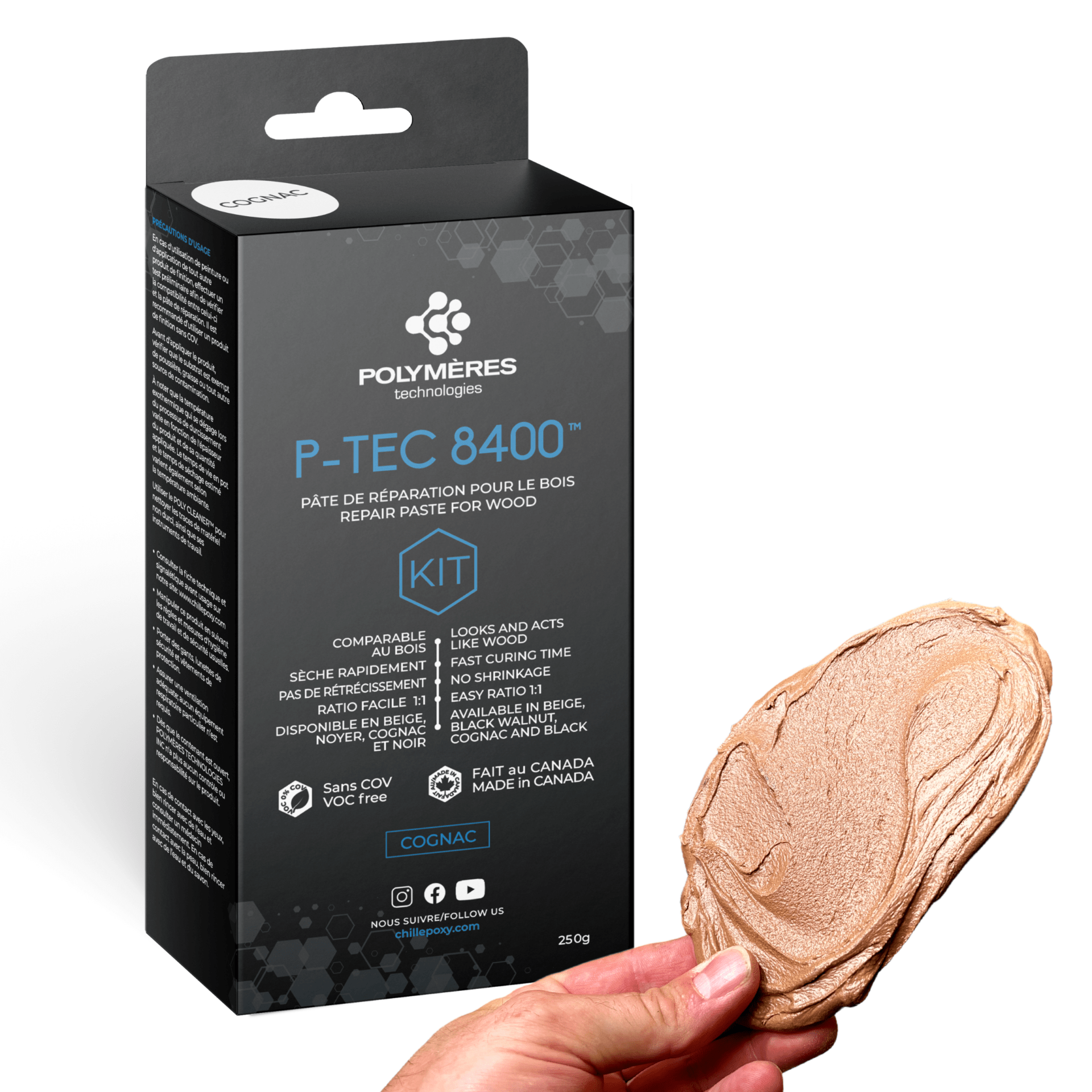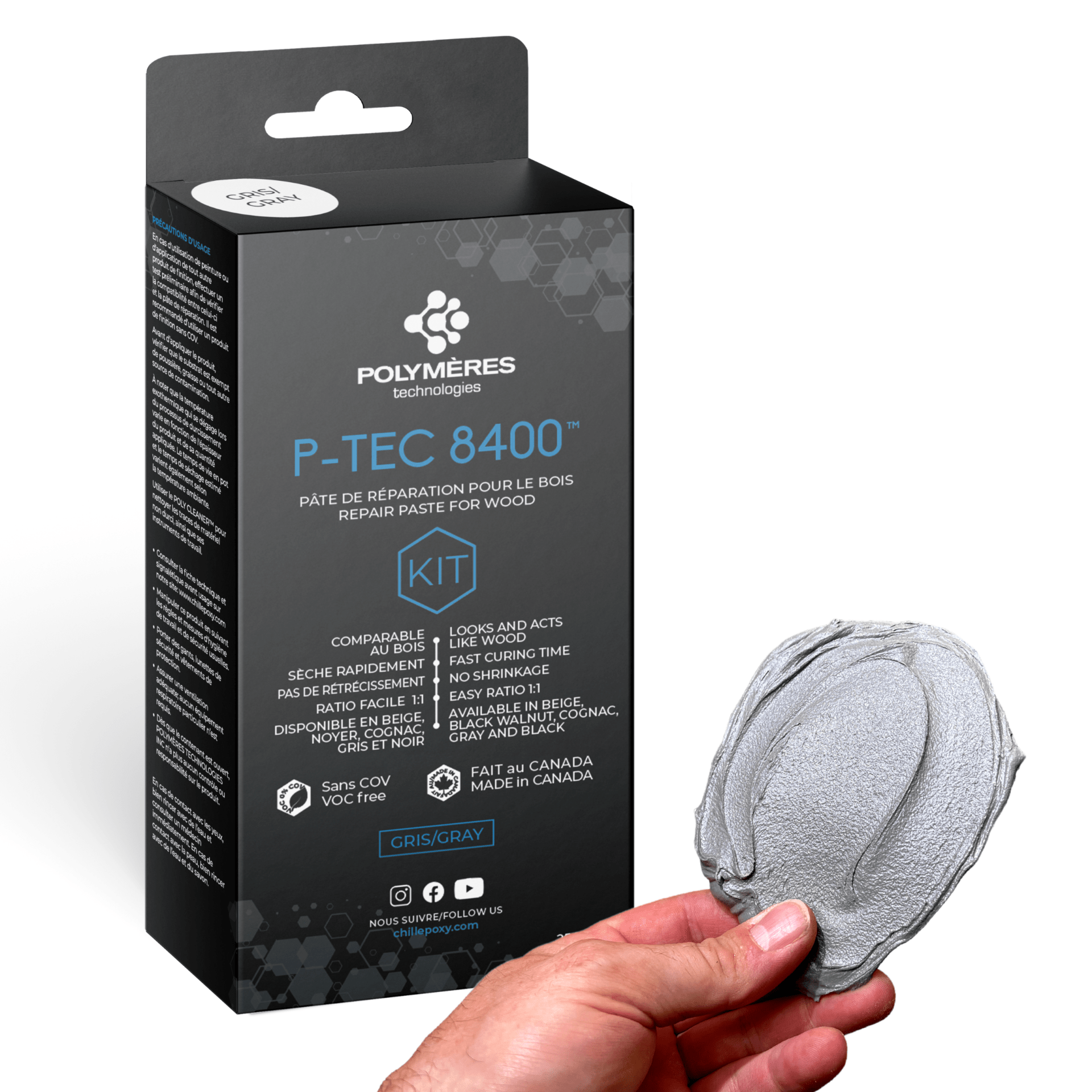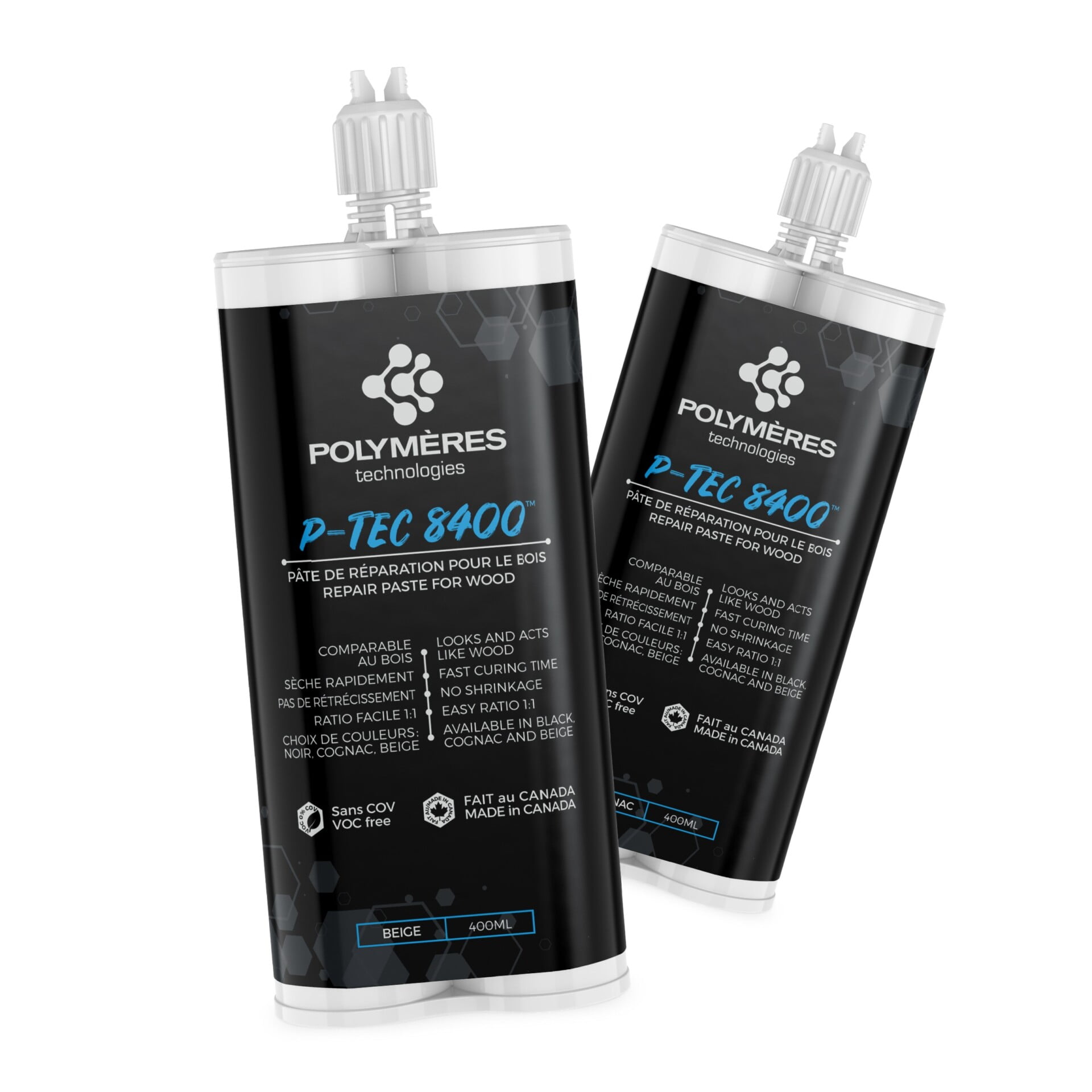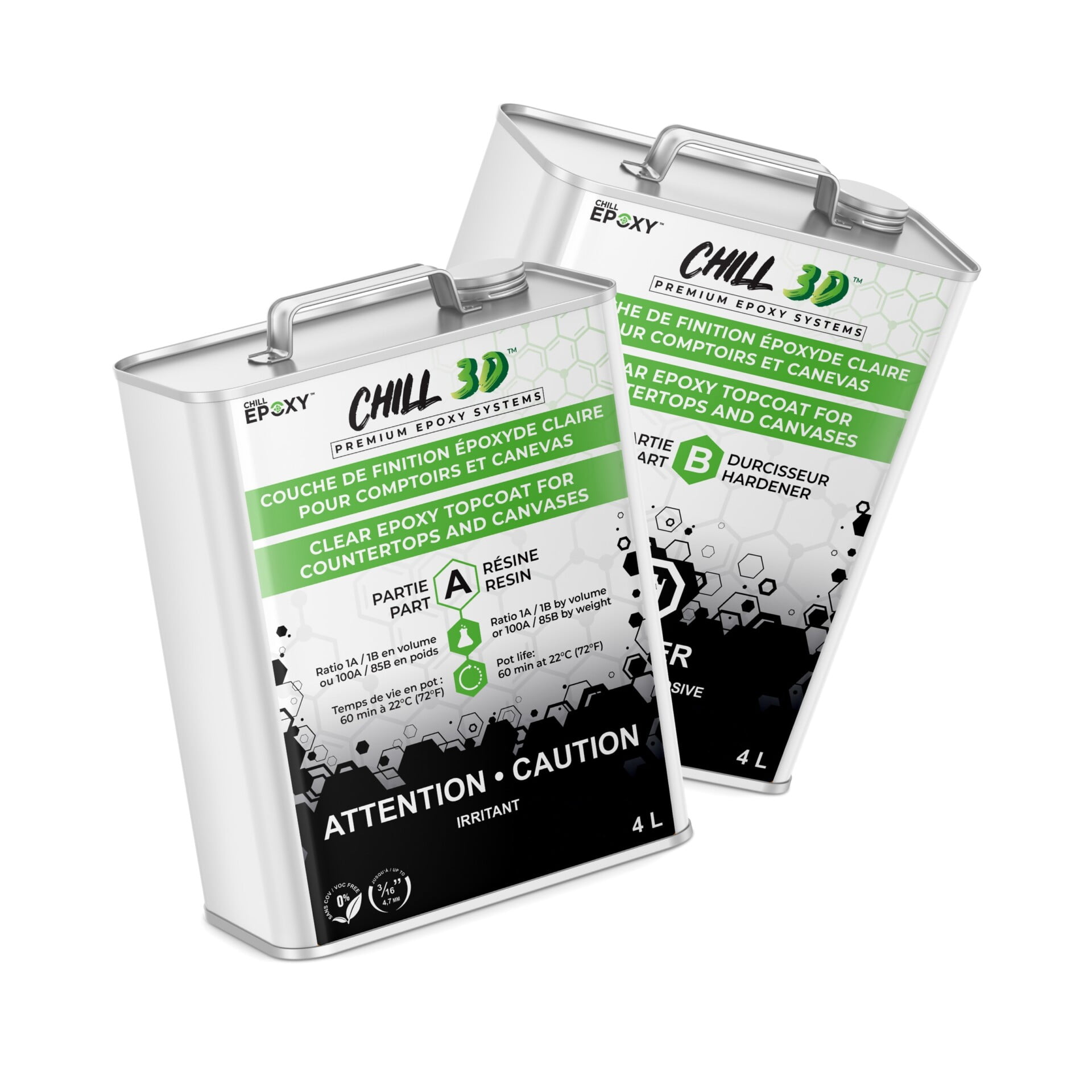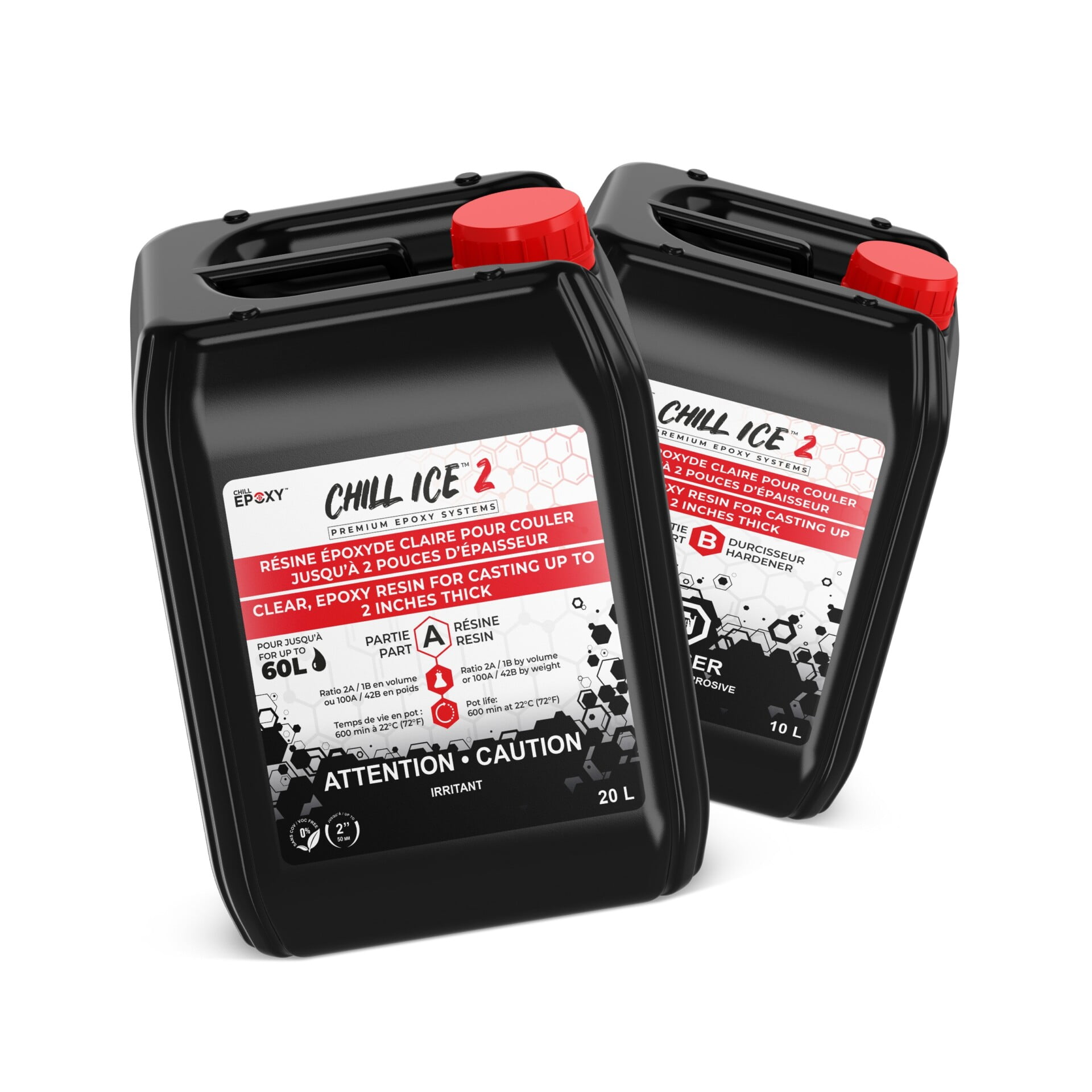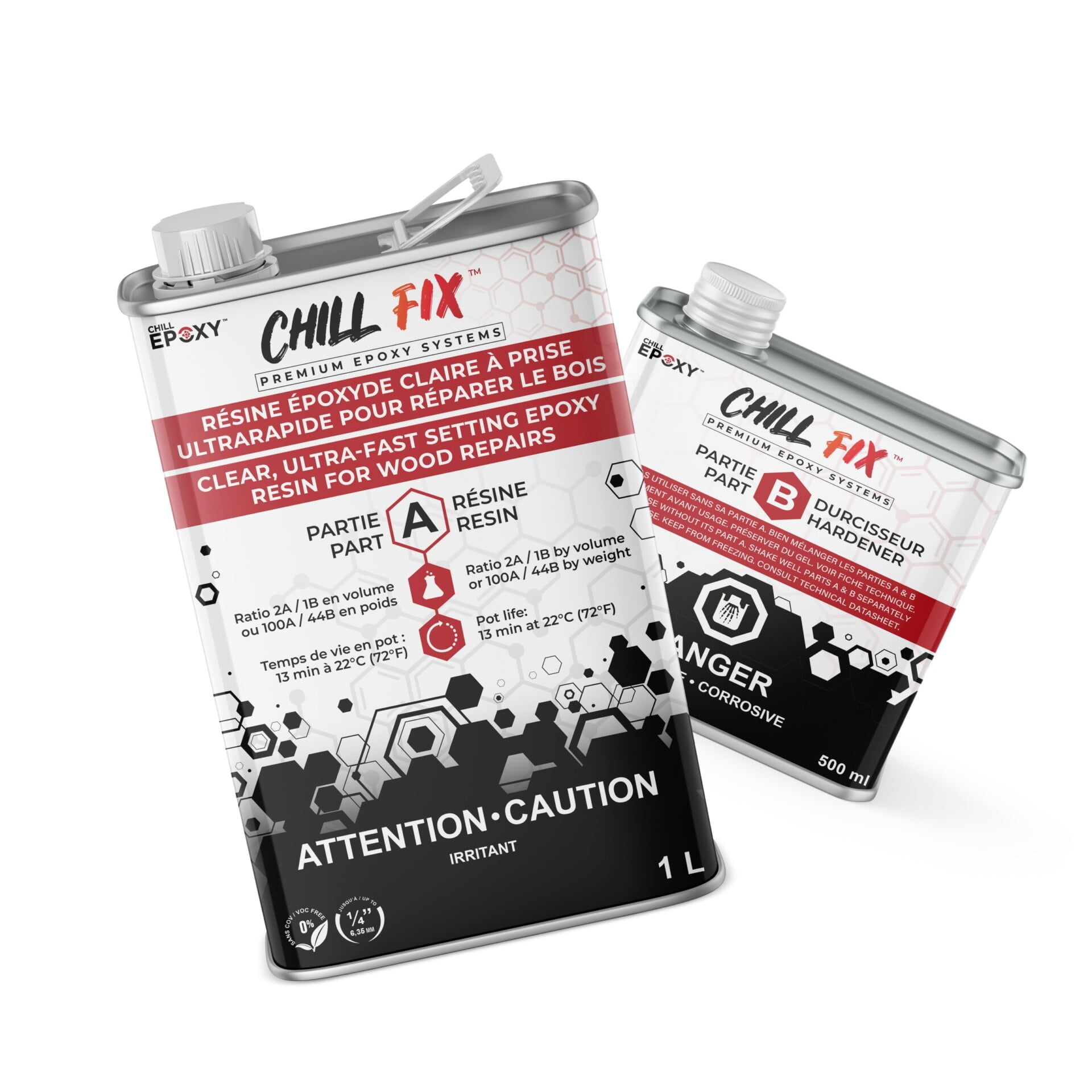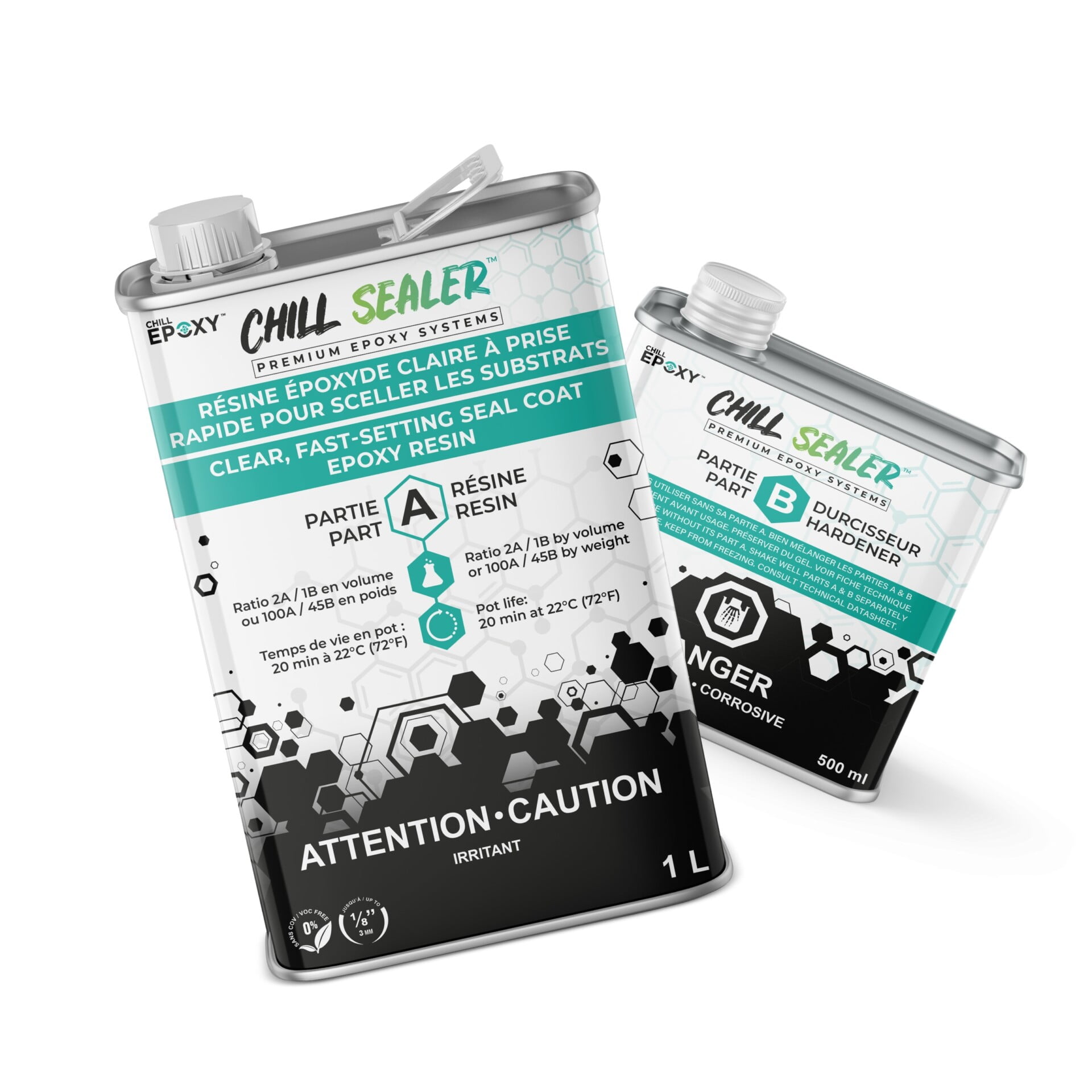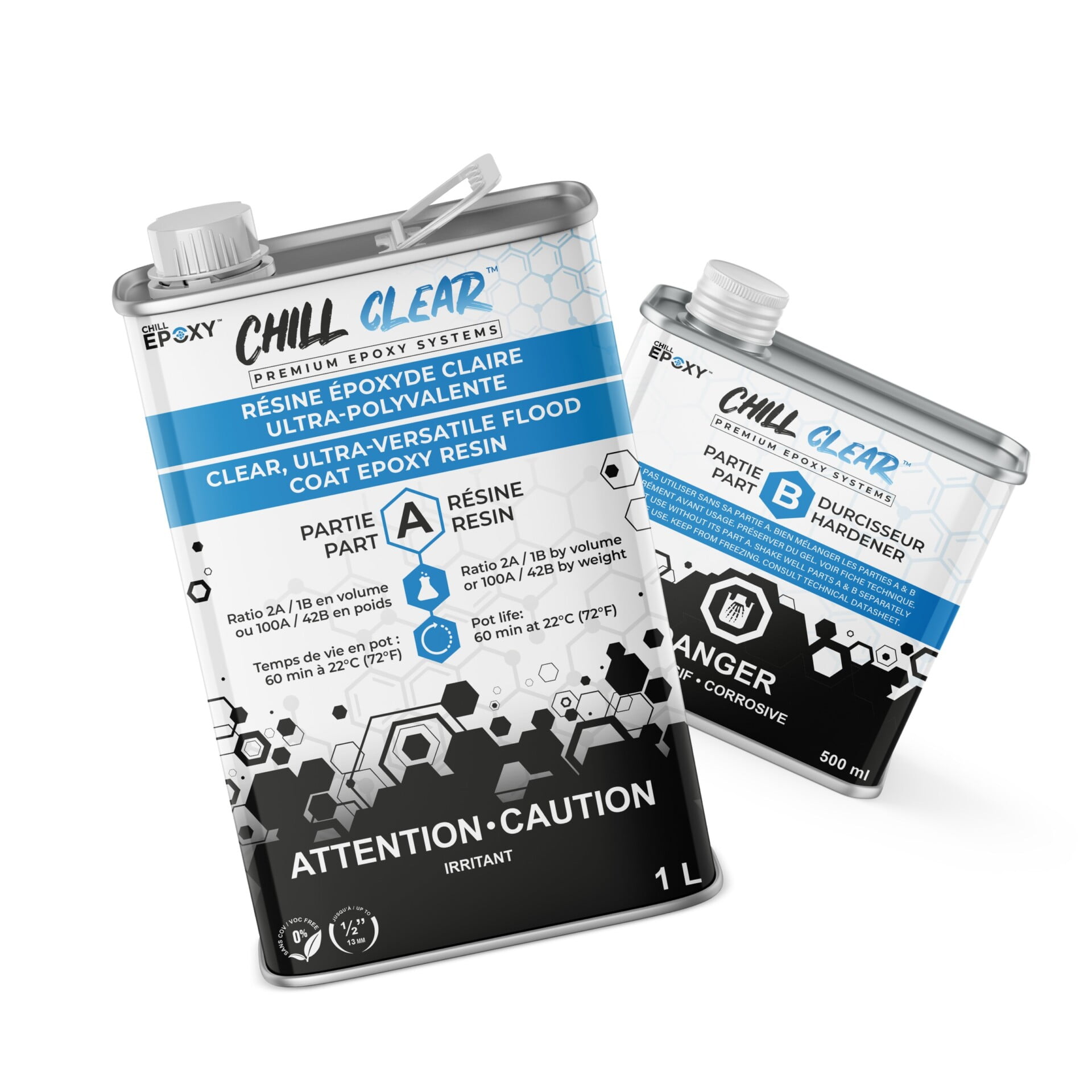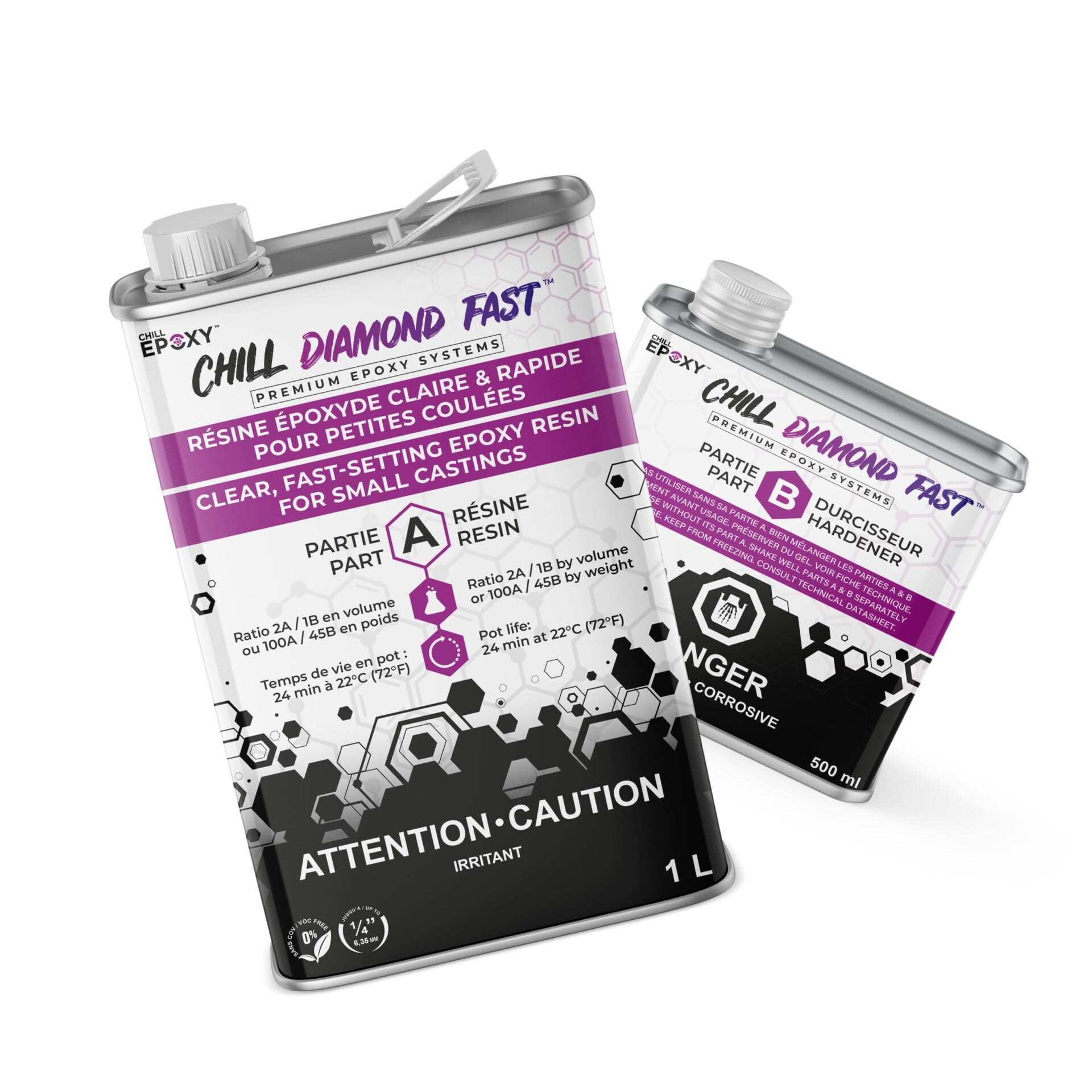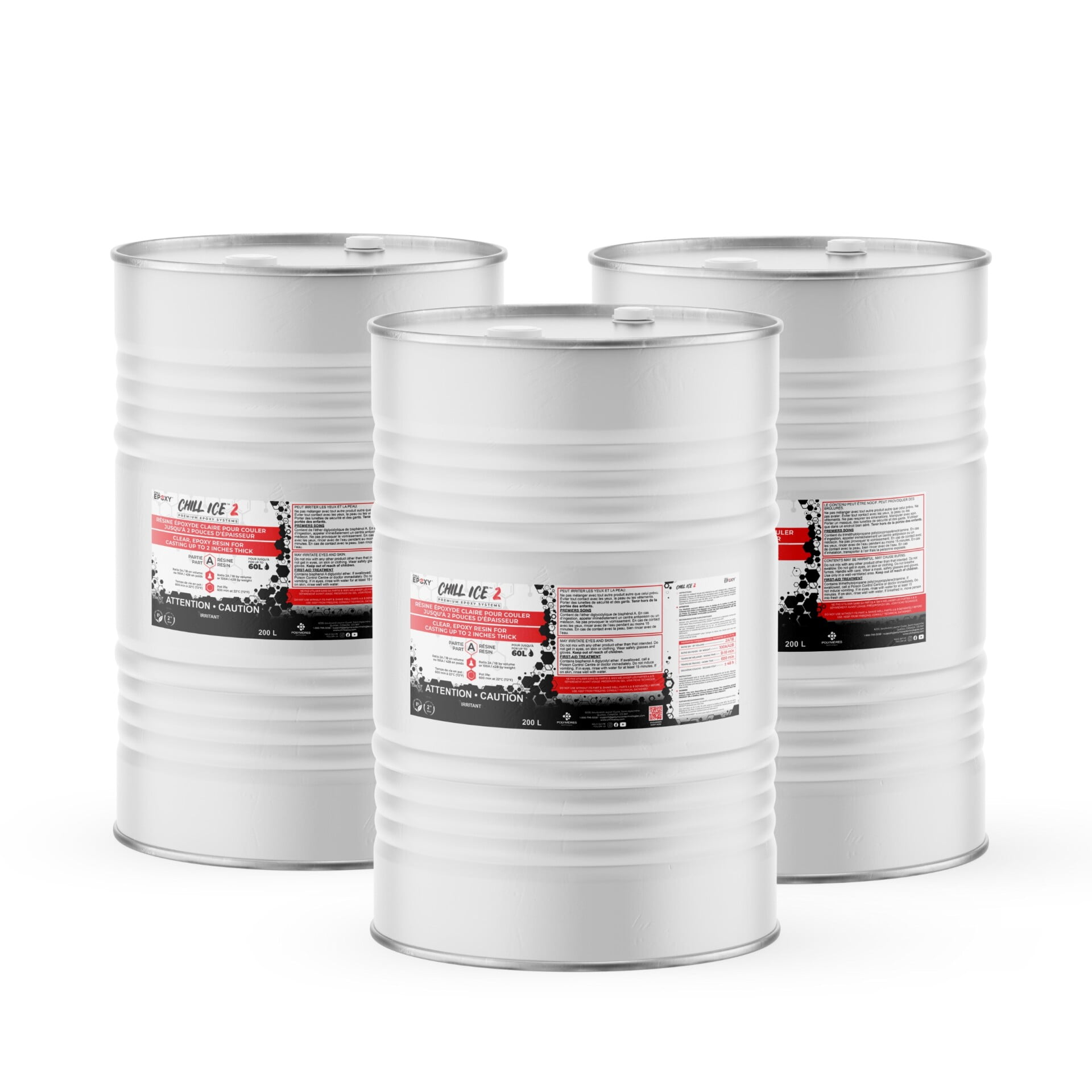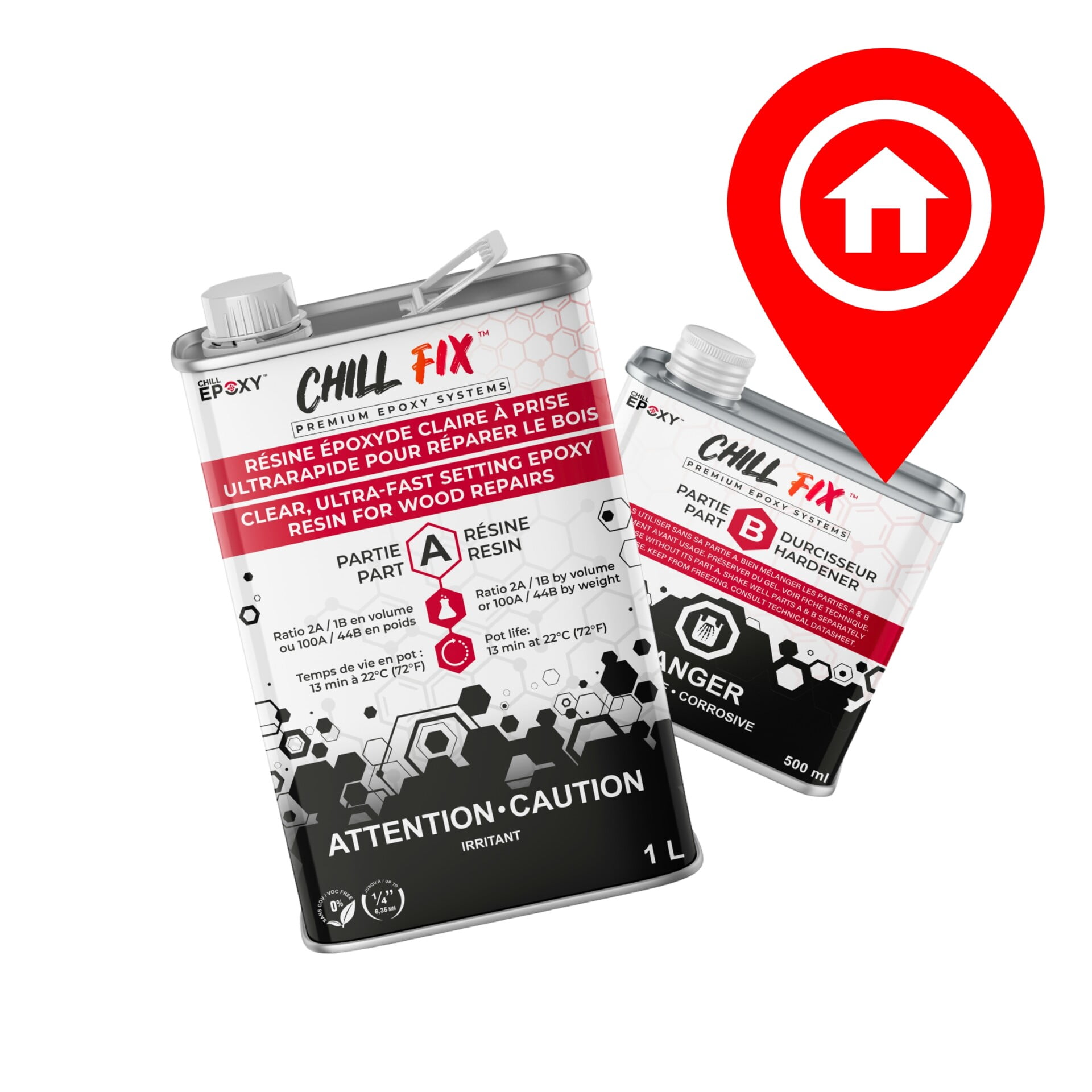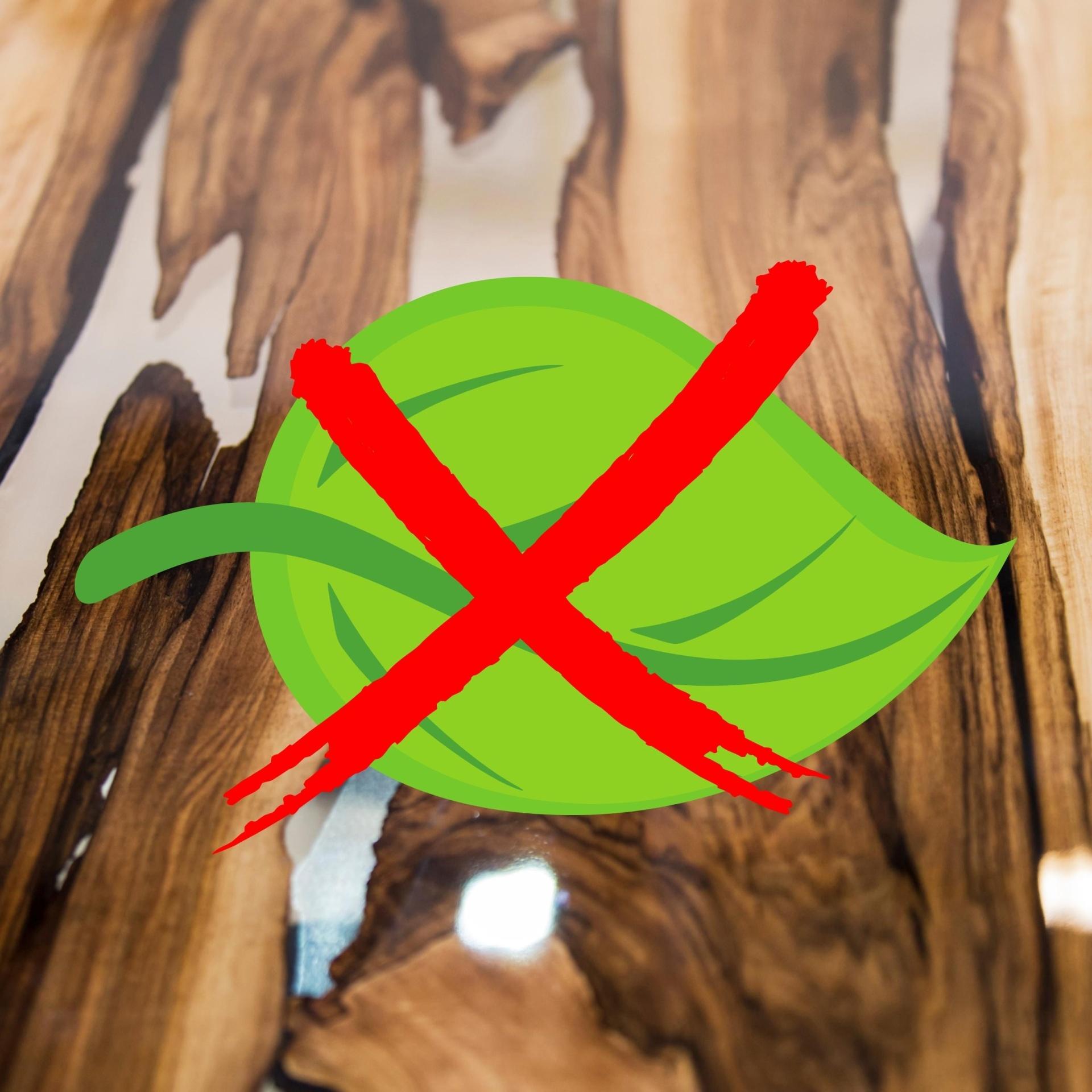Is Epoxy Resin Eco-Friendly? An In-Depth Analysis
Is epoxy resins eco-friendly? Like in all other fields, “green” promises are also on the rise in the resin industry. But does it make sense to announce that a resin is environmentally friendly ? How can we explain that some manufacturers are making that claim ? What do we have to take into account to find out if a resin is truly safe for your health and the environment ?
Epoxy resin is a popular material used in a variety of industries, including construction, manufacturing, and arts and crafts. Its versatility and durability make it a sought-after product, but the question remains, is epoxy resin eco-friendly? Epoxy resin has been widely used in various industries for its exceptional bonding and sealing properties. However, with the growing concern for the environment and sustainability, the question arises whether epoxy resin is eco-friendly. While some products claim to be green-eco due to the presence of organic ingredients, such as legumes or plant-based substances, the validity of these claims is yet to be proven.
Is Epoxy Resin Harmful to your Health?
There are many concerns floating around about epoxy. They often arise because it gets confused with polyester resins, which are made with styrene. Polyester resins are indeed quite malodorous and can release harmful gases. In contrast, epoxy resins should not cause any undue concerns. The main known health problem is allergies caused by contact with the skin: dermatitis.
As with all allergies, they can be more or less severe, more or less sudden. Some people develop a reaction after a few years with no former problems.
It’s always more prudent to handle resin with gloves, goggles, and protective clothing in order to prevent risks of contact and splashing. Epoxy (both resin and hardener) does not generally cause major health problems. It is still, however, a chemical. As such it requires taking precautions. We also recommend keeping it out of reach of children (like most household cleaners).
But is it riskier for the environment?
The Claims of Eco-Friendly Resin
Some manufacturers claim that their product is eco-friendly due to the presence of organic ingredients in their formula. However, the validity of these claims remains questionable. The quantity of additives present in the formula is often not specified, and it is unclear whether the presence of these organic substances makes a significant impact on the overall composition of the resin. While some epoxy brands market themselves as being eco-friendly, some have been found to contain harsh chemicals like nonylphenol. These chemicals can have negative effects on the environment and human health. In addition, some of these brands have been criticized for improper labeling, making it difficult for consumers to make informed purchasing decisions.
Furthermore, the rest of the formula may still contain raw materials commonly found in regular epoxy resin, negating any potential positive impact of the organic ingredients. Moreover, the manufacturer’s lack of scientific explanation and proof raises questions about the legitimacy of such claims.
However, the question regarding the pertinence of green resin arises from some products having appeared on the market. They tend to showcase the fact that they are formulated using organic ingredients, such as legumes or other plant-based ingredients.
Such an argument should draw the attention of an informed consumer, who should then ask themselves the following questions:
- What quantity of additives is present in the formula? Is the % really there?
- Can we call a product automatically “green” because a few plant-based substances are added to the formula (in perhaps infinitesimal doses?
- Is the rest of the formula composed of raw materials that are commonly found in epoxy ?
- How do those ingredients improve the formula and therefore your results when you use that product ?
For now, these questions do not seem to have answers. Worse, this raises even more question about the manufacturer’s need to insist on the innovative nature of this type of formulation in the field of thermosetting resins without any proof or scientific explanation.
In addition, let us push this reasoning even further. What is the legitimacy of diverting agricultural raw materials. Is growing vegetable matter (using pesticides and large amounts of water), then keeping it from the agri-food industry only to add it into chemical formulas, without proof of any benefit, truly environmentally responsible?
The Impact of Agricultural Raw Materials
The use of agricultural raw materials, such as legumes, for the production of epoxy resin raises questions about the sustainability of such practices. The cultivation of these materials diverts resources and land away from food production and can contribute to deforestation and soil degradation. Additionally, the production and transportation of these raw materials can also contribute to greenhouse gas emissions.
How Epoxy Resin is Used
Epoxy resin is used in a variety of applications, including coatings for floors, countertops, and walls, as well as for laminating wood, making jewelry, and as a sealant. When used in construction, epoxy resin is often applied in large quantities and can be a source of significant chemical exposure.
The Impact of Epoxy Resin on the Environment
The production of epoxy resin requires the use of petroleum, which is a finite and non-renewable resource. The production process also produces greenhouse gases, contributing to climate change.
When epoxy resin is disposed of improperly, it can also have a negative impact on the environment. If it is not disposed of properly, it can leach harmful chemicals into the soil and groundwater, contaminating the environment and potentially harming wildlife.
Is There an Eco-Friendly Alternative to Epoxy Resin?
While epoxy resin is a useful and versatile material, there are eco-friendly alternatives that are available. Bio-based resins, for example, are made from renewable resources and have a lower environmental impact. Another option is to use low-emitting or no-VOC (volatile organic compounds) epoxy resins. These types of resins are formulated without harmful chemicals and emit lower levels of harmful chemicals into the air.
Conclusion
While epoxy resin is a versatile and useful material, it is important to consider its environmental impact. When choosing epoxy resin, it is recommended to choose a low-emitting or bio-based alternative to reduce its impact on the environment.
Is epoxy resins eco-friendly? Like in all other fields, “green” promises are also on the rise in the resin industry. But does it make sense to announce that a resin is environmentally friendly ? How can we explain that some manufacturers are making that claim ? What do we have to take into account to find out if a resin is truly safe for your health and the environment ?
In conclusion, the eco-friendliness of epoxy resins is a complex issue that is not easily defined by simple marketing labels. Consumers should be wary of greenwashing and instead focus on the true environmental impact of the resins they choose. The absence of volatile organic compounds (VOCs) is the most important factor to consider when selecting an environmentally responsible resin. Choose epoxy resins made with high quality raw materials, formulated without VOCs, for the best results and the peace of mind that comes from making an eco-conscious choice.
Is epoxy resin eco-friendly? The consumer should not let themselves be deceived by nebulous promises of a vaguely vegan or environmentally friendly nature! In this field, as in others, greenwashing is a marketing weapon used by some manufacturers riding the environmentally friendly trend to sell more product. A green label is never the token of a natural product.
What is the true value of plant-based additives in an epoxy? How does this improve the product ? Are results improved by a bit of added plant matter? To this day, no manufacturer has produced solid evidence of any environmental benefit gained from adding a little green into their container and on their label. When it’s time to choose a resin, product quality should the defining criterion.
This quality is probably not related to any plant-based additive. Moreover, the only serious criterion on which you should base your choice of an environmentally friendly resin is the absence of any VOC.
Remember that prioritizing 100% solid epoxy systems formulated with no VOC, which guarantees high quality raw materials, will also be the safest, most environmentally sound choice !


